Bali is known for its breathtaking nature, vibrant culture, and unique philosophy of life. The fundamental concept of the Balinese, Tri Hita Karana, teaches us that peace and prosperity can only be achieved when there is harmony among three main aspects of life: our relationships with God, nature, and other people. The Balinese integrate this philosophy into their daily lives, including in the tourism industry.**
The Origin of the Term “Tri Hita Karana”
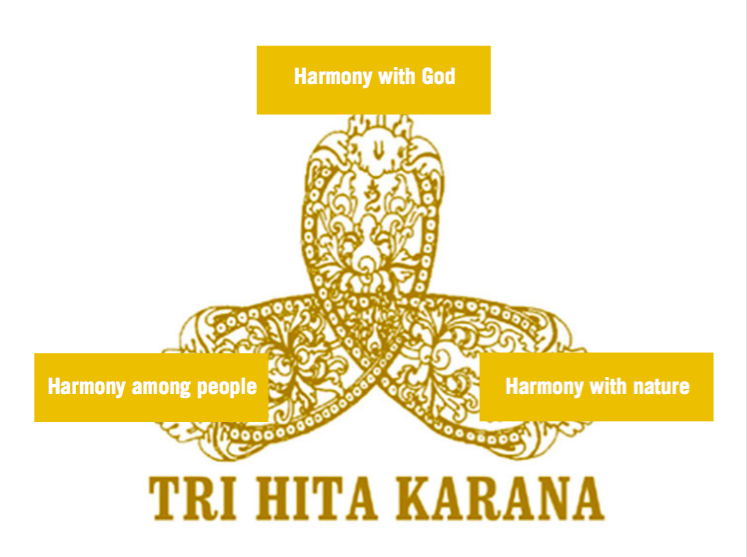
The term **Tri Hita Karana** translates from Balinese as “three sources of well-being.” While Tri Hita Karana is often considered an ancient Balinese tradition, this interpretation is not entirely accurate.
The term itself emerged in November 1966 at the first regional conference of representatives of the Hindu community in Bali. This took place at the start of the New Order era (1966–1998), the authoritarian regime of General Suharto, when institutional religions (such as Islam, Christianity, and Judaism) were viewed as a disciplinary tool for shaping a consolidated national identity.
Tri Hita Karana refers to the Hindu doctrine of “tri mandala.” Despite Indonesia's predominantly Muslim population, 83% of Bali's residents identify as Hindus. With the advent of the New Order, the Balinese Hindu minority was forced to adapt their beliefs to Indonesian laws. Hinduism in Bali formally became monotheistic, while the centuries-old way of life rooted in Indian culture became a purely local heritage.
What Does It Mean?
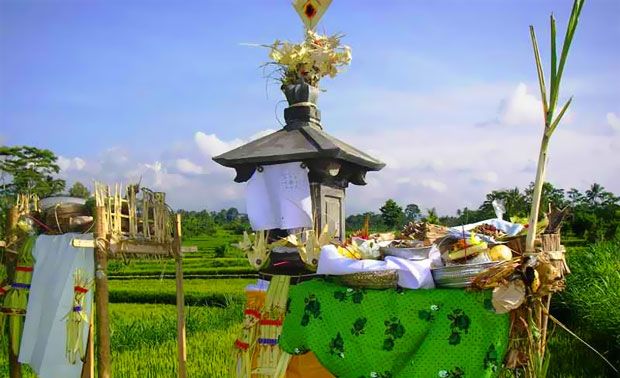
Each component of the phrase “Tri Hita Karana” has a specific meaning. **“Tri”** means three, **“hita”** signifies prosperity, and **“karana”** means reasons. Tri Hita Karana dictates the behavior of the Balinese in all their relationships, which, according to the philosophy, fall into three categories: 1) relationships with divine forces (parhyangan); 2) relationships with other people (pawongan); 3) relationships with the environment (palemahan).
The philosophy of Tri Hita Karana is also closely related to the three pillars of sustainable development: ecological, social, and economic. For example, more than 4,000 tons of waste are generated in Bali daily. This includes local waste from the population and markets, tourist waste from dining, as well as shipping waste from Java, which is carried to Bali's beaches by water currents from ships.
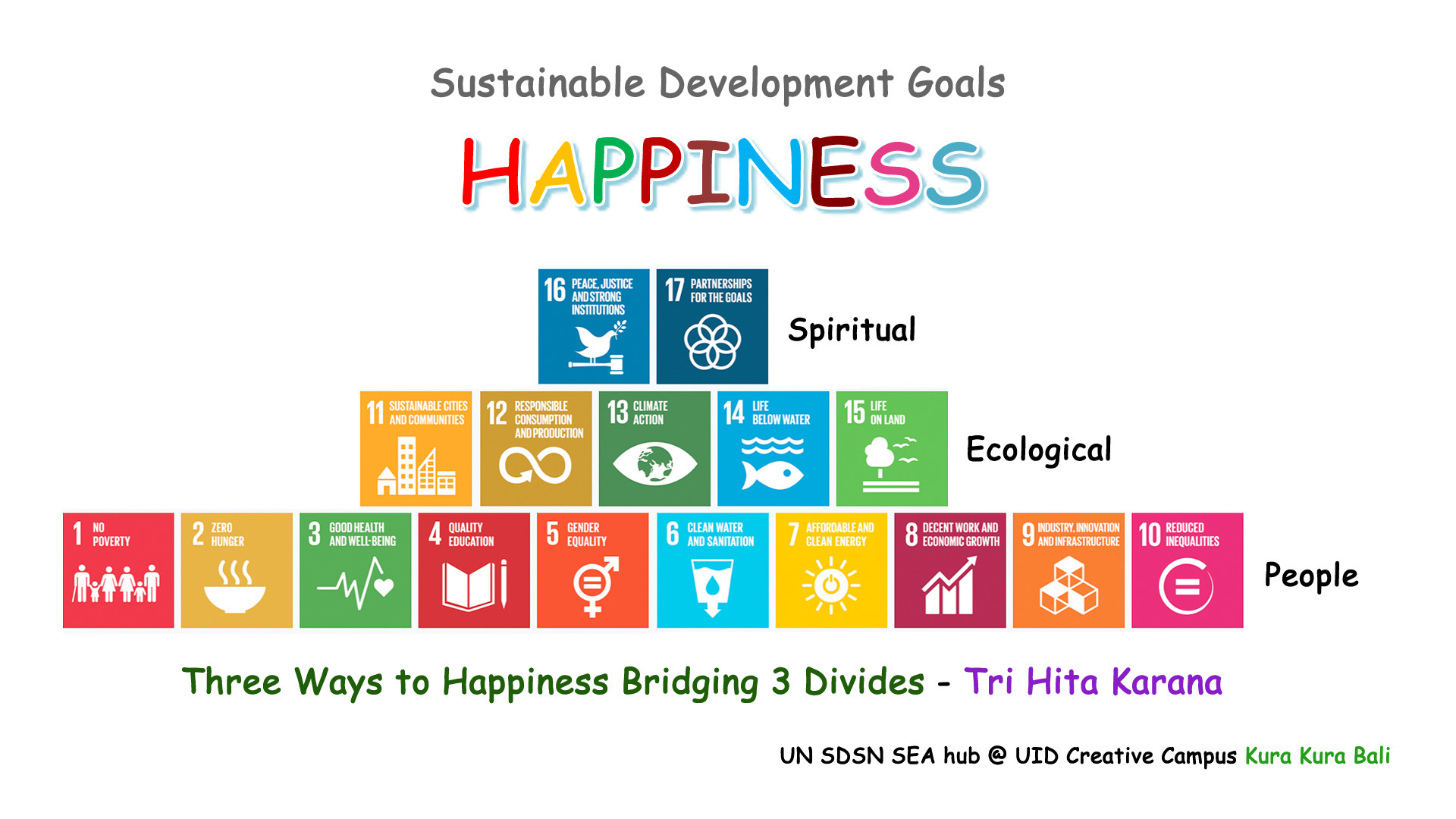
There are many other issues, such as the water crisis in agriculture, climate change, and so on. This philosophy is essential for overcoming these problems. In other words, Tri Hita Karana contributes to the preservation of Balinese culture, the local population, and the environment, while maintaining balance with the social economy, especially with tourism.
Tri Hita Karana in the Daily Lives of the Balinese
The philosophy of Tri Hita Karana is a vital part of Balinese culture, significantly influencing how the region approaches tourism. The Balinese understand the importance of maintaining this balance and practice it daily. This can be seen in their efforts to protect the environment by restricting the construction of certain infrastructure in specific areas and preserving natural resources. For example, there are not many high-rise buildings in Bali, except for large hotels, and one must obtain permission from the banjar (local community) to initiate private construction.
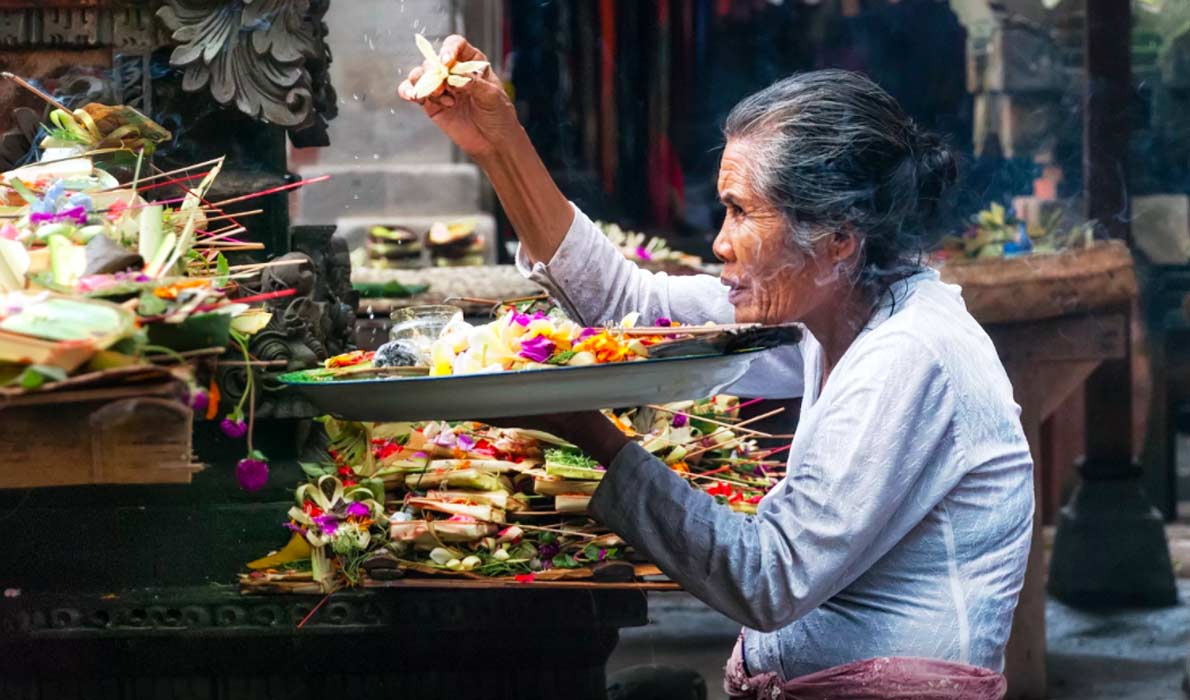
This is also reflected in how the Balinese practice sustainable tourism. Tourists are encouraged to respect local culture and minimize their impact on the environment. The Balinese also use their culture to enhance the tourist experience. They celebrate traditional festivals and are eager to share their knowledge of local customs and beliefs with visitors. Ultimately, Tri Hita Karana represents the way of life for the Balinese and is a key factor in the success of cultural tourism on the island. By adhering to these three aspects of life, the Balinese can live peacefully and sustainably while sharing their culture with visitors from around the world.
The Subak System and Tri Hita Karana
The principles of Tri Hita Karana are the foundation of traditional Balinese farming communities — the subak (subak). Subak communities are organized around water temples that regulate a unified irrigation system for the entire community. The primary agricultural crop here is rice, which is considered a divine gift.
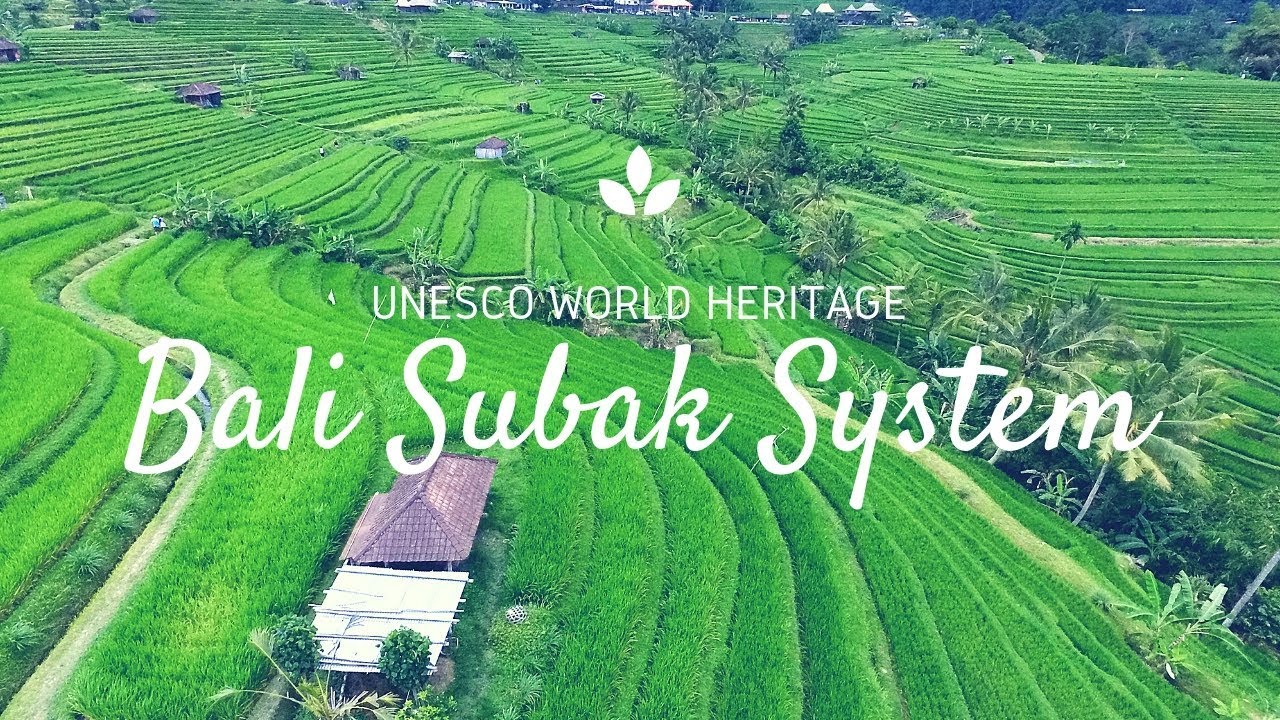
The rituals of the water temple promote harmonious relationships between people and nature by actively involving individuals in rituals that highlight humanity’s dependence on the life-sustaining forces of nature. In 2012, the subak system was included in the UNESCO World Heritage List as a material embodiment of the principles of Tri Hita Karana.
Conclusion
The three elements of the philosophical concept of Tri Hita Karana create a holistic view of life that can be seen in many aspects of Balinese culture, such as architecture, spiritual beliefs, and art. The concept of Tri Hita Karana encourages tourists to appreciate the beauty of the island while also being mindful of their impact on the environment and local communities.
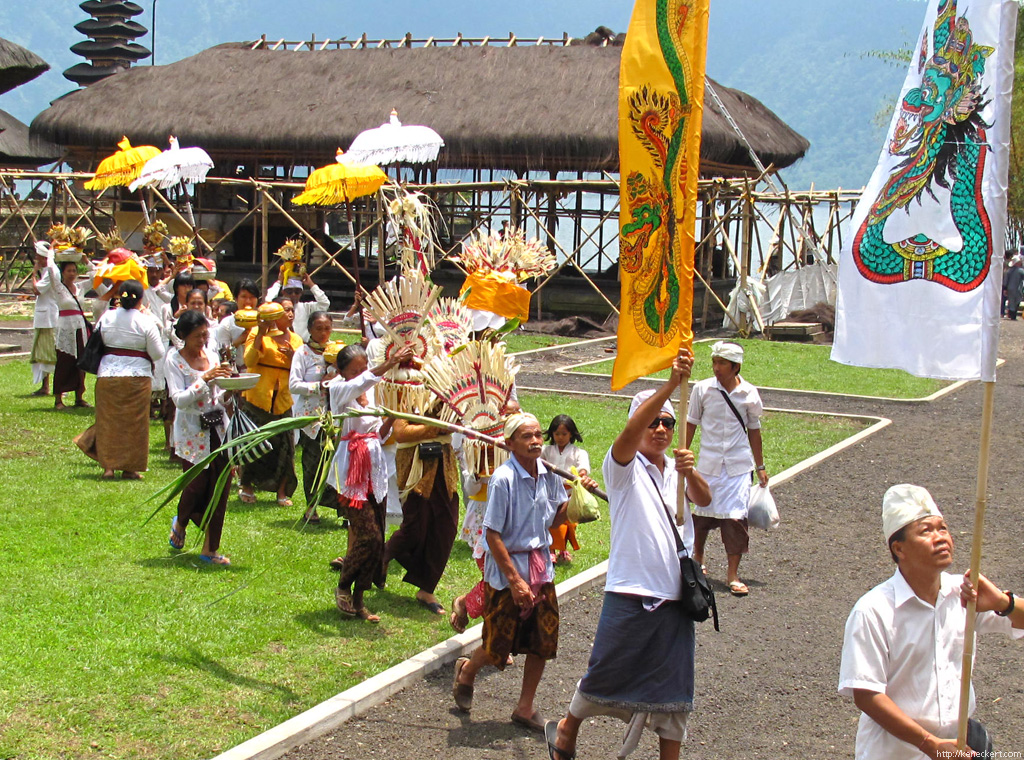
By adhering to the principles of the Tri Hita Karana philosophy, travelers can contribute to the development of sustainable tourism that benefits both themselves and the Balinese people. This provides tourists with a unique opportunity to deepen their connection with nature and explore Bali with greater gratitude for its natural beauty.
In Tri Hita Karana, nature is viewed as a physical environment, philosophy is seen as the moral and spiritual beliefs of people, and culture encompasses the customs and traditions of the community. By understanding the importance of these three aspects, we can better appreciate and recognize the beauty and significance of Bali's natural and cultural heritage and ensure the sustainable development of tourism.

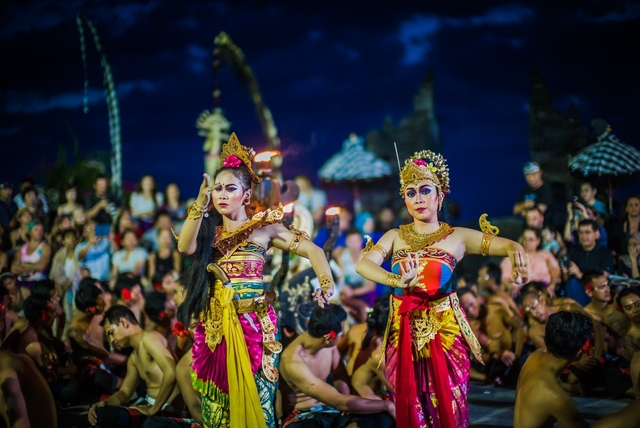
You can add one right now!